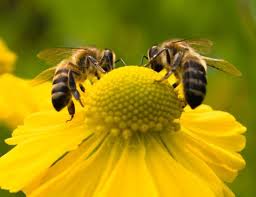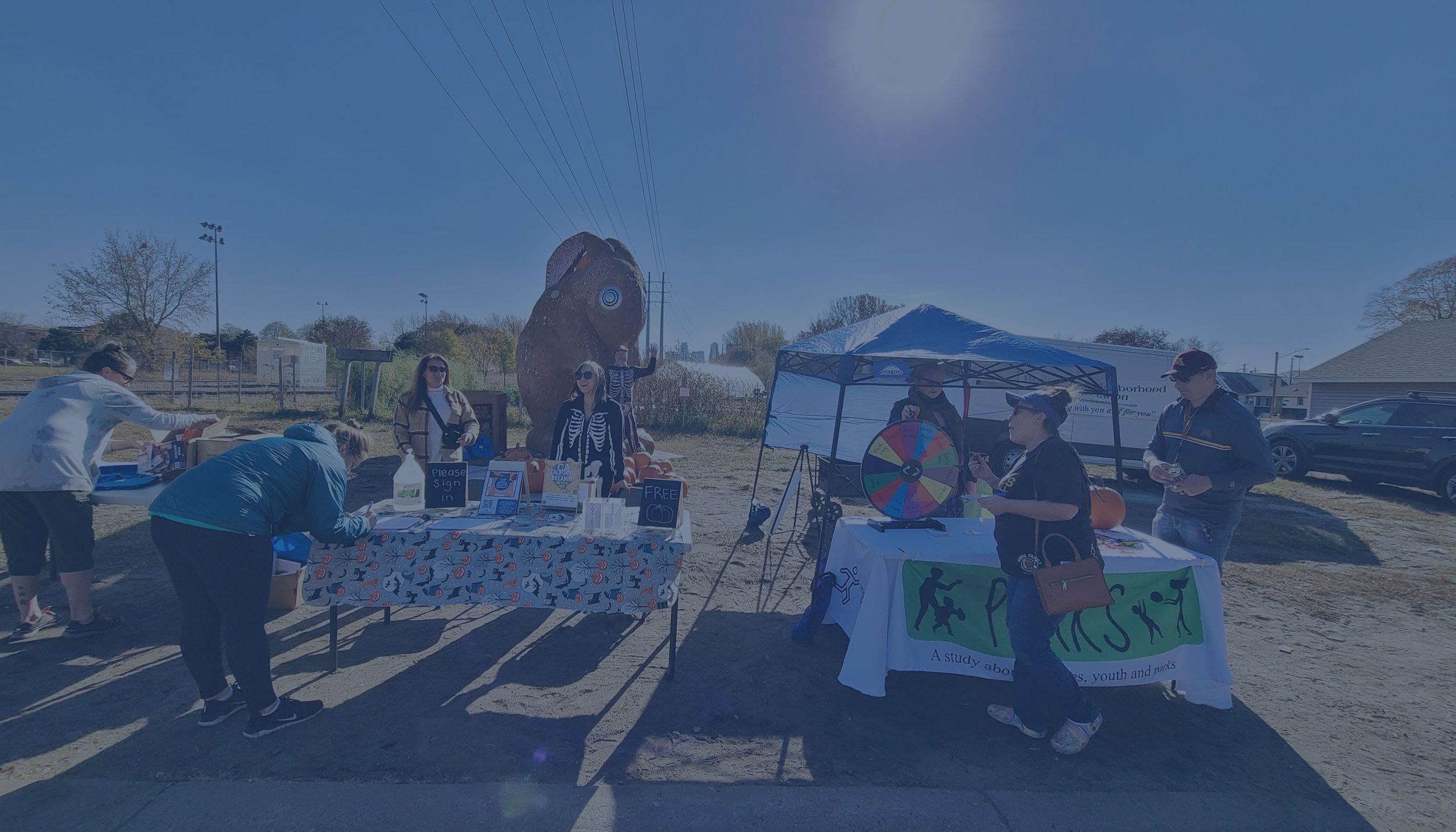
The resolution also declares Minneapolis a pollinator-friendly community and encourages residents and businesses to adopt pollinator-friendly practices such as planting habitat for bees and avoiding pesticides that are known to kill them.
Pollinator populations are in sharp decline because of an ongoing loss of habitat coupled with a simultaneous large-scale expansion of pesticide use by homeowners, landscapers, property managers and farmers.
Pollinators are a necessary component of a healthy ecosystem and food system, providing pollination of plants needed to grow vegetables, herbs and fruits. Local food production is needed to improve the health and food security of Minneapolis residents, and insect pollination is an essential component of local food production.
The City commits to making the following improvements to City policies and practices to increase pollinator forage and decrease pesticide use:
- The Public Works Department will pursue planting more pollinator forage in appropriate locations (including stormwater management ponds and large land areas) that are currently turf grass, adopt clear guidelines against the use of pesticides and pesticide-treated plants, and consider pollinator-friendly amendments to its land management policy.
- The Community Planning and Economic Development Department will pilot planting pollinator forage on vacant land it controls and encourage private developers to incorporate pollinator-friendly plantings into required landscaping.
- The Property Services Division of the City Coordinator’s Office will pursue planting more pollinator forage on City facilities. A pilot is already underway at four Minneapolis Fire Department facilities.
- The Health Department’s Environmental Services Unit will maintain resources for other City departments including a list of pollinator-friendly plants.
- The Minneapolis Convention Center will incorporate more pollinator forage into its plantings and phase out the use of “systemic” insecticides (which stay in the plant).
The City of Minneapolis urges all Minneapolis property owners, residents, businesses, institutions and neighborhoods to become more pollinator friendly by adopting practices including:
- Committing to not use pesticides, including insecticides that stay in the plant, on their properties.
- Avoiding planting flowering plants that are treated with insecticides that stay in the plant.
- Discontinuing the sale of pesticides and plants that are treated with insecticides that stay in the plant.
- Planting more pollinator forage on their property and using organic or chemical-free lawn and landscaping practices.
The State of Minnesota prevents local governments from regulating any matters concerning pesticides. The City of Minneapolis will continue to advocate at the State and federal level for increased authority to address the non-agricultural use of pesticides, and for other pollinator-friendly policies.
